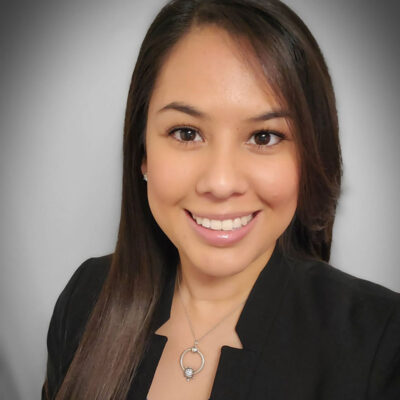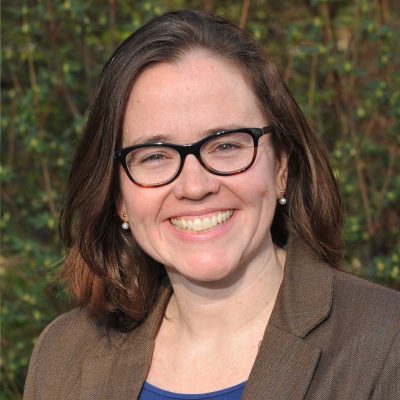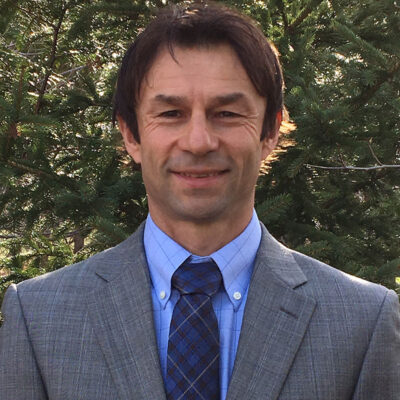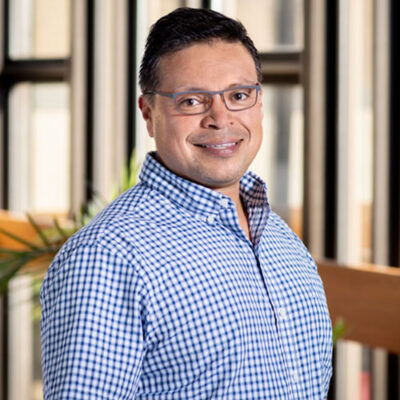In Wisconsin, the Latinx population is the fastest-growing racial/ethnic group, accounting for 46% of the state’s population growth. Yet, almost 40% of Latinx English Learners (ELs) in rural areas encounter barriers to equitable education. They need teachers who are trained in culturally and linguistically sustaining pedagogy.
Rural United States school districts struggle to find and support teachers to work in increasingly diverse classrooms, which means many Latinx ELs are not able to fully access the curriculum, including for science and environmental topics. Latinx families living in rural areas may face additional challenges, including limited access to health care, technology, and employment.
Teaching Local Environmental Issues to Latinx Students is a professional learning opportunity for sixth- through twelfth-grade educators working in rural areas who are interested in learning more about engaging Latinx students in local environmental topics in Wisconsin. The program connects most closely with the work of social studies, science, and ESL teachers.
When: Introductory workshop week August 1–4, 2022, 9:00 a.m.–12:00 p.m., and afternoons throughout the school year on November 8, February 8, and April 4, 4:00–6:00 p.m.
Where: Online
Program Fee: Free!
For more information, contact place@education.wisc.edu.
This is an accordion element with a series of buttons that open and close related content panels.
Subscribe for updates about Teaching Local Environmental Issues to Latinx Students
Benefits of Participation in Teaching Local Environmental Issues to Latinx Students
- Partner with UW–Madison School of Education and Division of Extension science and social studies faculty to learn how to use culturally and linguistically sustaining pedagogy to engage students in learning about local social and environmental issues
- Collaborate with other Wisconsin educators who teach in similar contexts
- Hear from Latinx community members about their experiences and communities
- Join breakout group discussions connecting resources to teaching practices and share student work samples
- Have time to plan for implementation in their own contexts
- Receive a $750 stipend for participating in this professional learning, along with research interviews and classroom observations. We have 12 spots available this year.
Funding Acknowledgment
Support for this research was provided by the University of Wisconsin–Madison Office of the Vice Chancellor for Research and Graduate Education with funding from the Wisconsin Alumni Research Foundation.
Contact
If you have questions about Teaching Local Environmental Issues to Latinx Students, please email place@education.wisc.edu.







